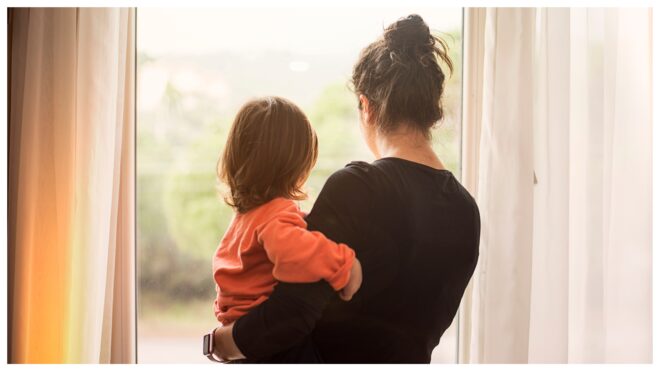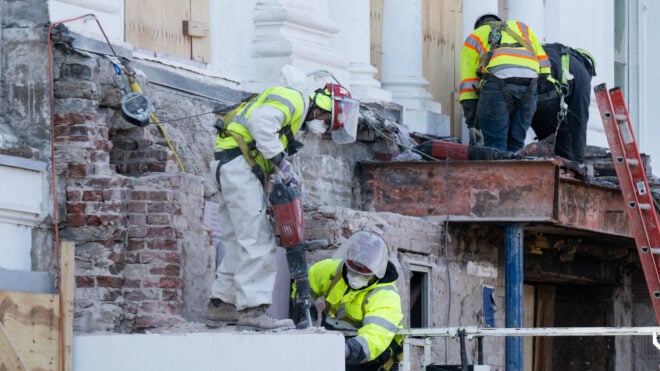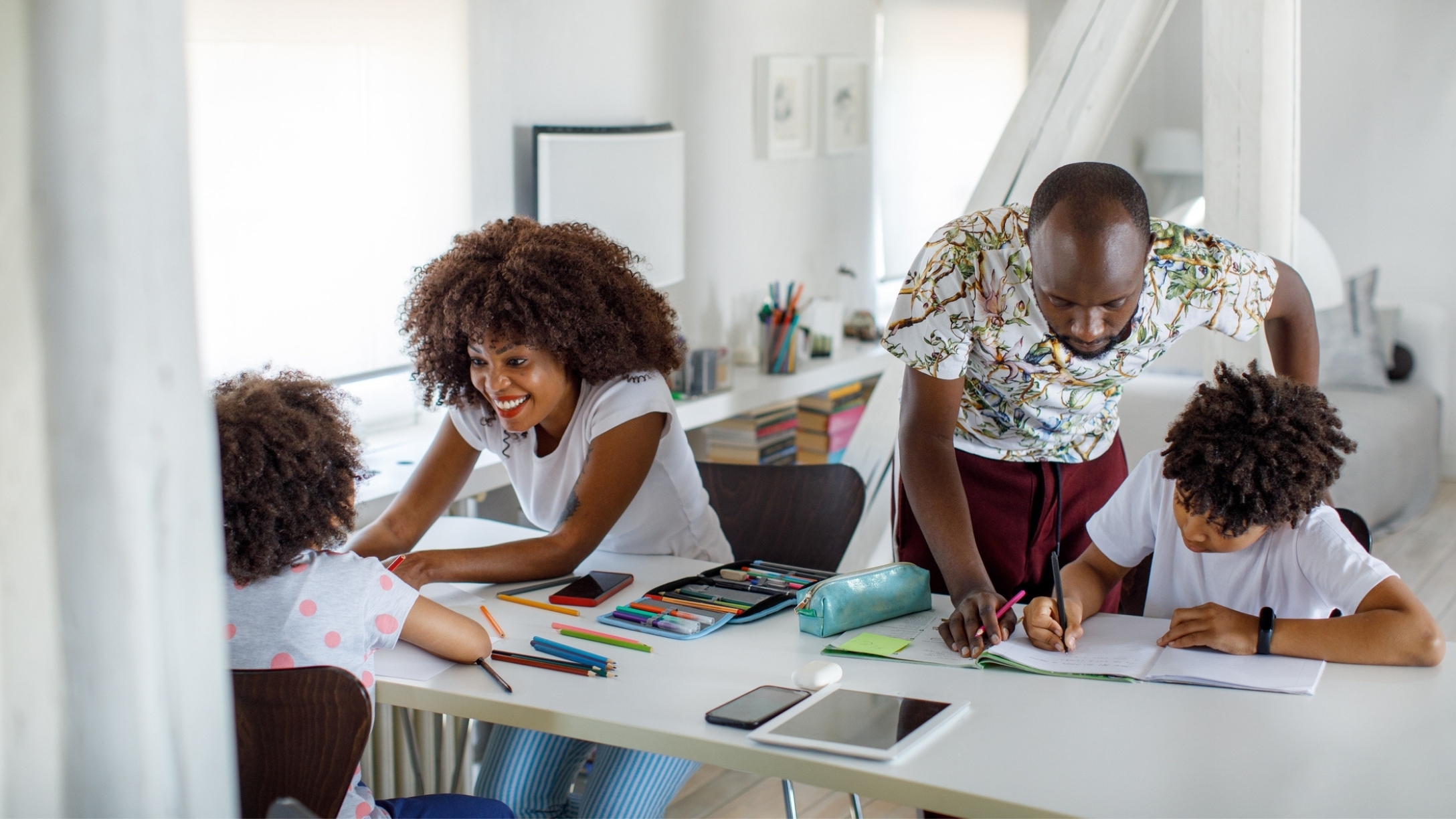
We've all found ourselves wishing life could be different from what it is. If only we had a little more time, and things slowed down a bit, then maybe things would get easier.
Last year, we learned to be careful what we wish for. COVID-19 gave us all those things we thought we wanted, with a major side of anxiety and concern. We found ourselves facing all kinds of challenges related to careers, education, child care, and more.
At the center of all those challenges were the families we wanted to protect. Parents found themselves having to navigate all sorts of uncharted territory with their kids, from explaining what was going on to helping them navigate school while everyone tried to hold onto their mental health. It hasn't been easy, but it has been enlightening for many parents around the world who have seen their parenting change in the last year.
Parents everywhere felt spread too thin.
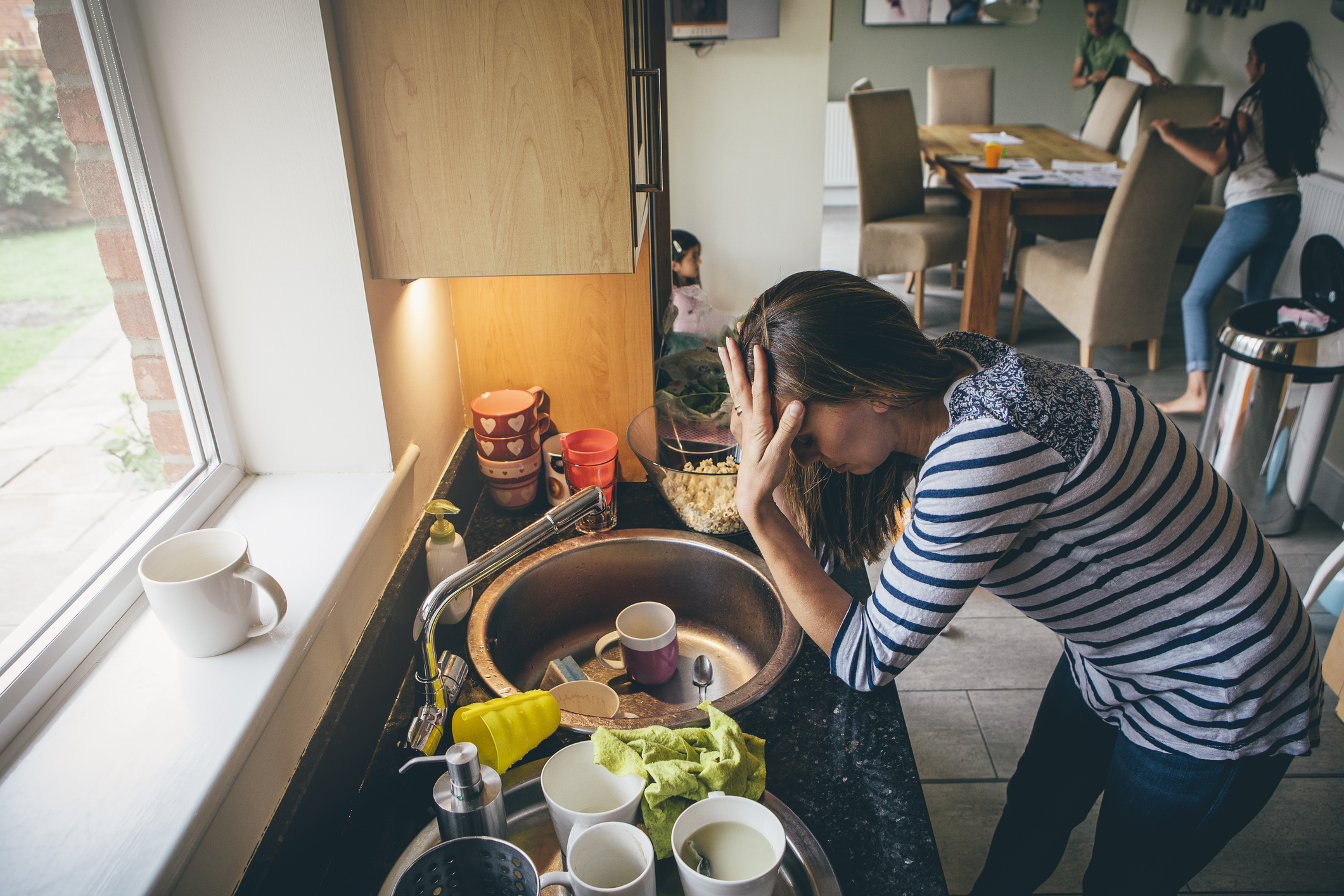
In a survey of 2,000 Australian parents in April 2020, just weeks into the pandemic, the feeling was clear: Parents were spread way too thin.
"COVID-19 had turned me into a stay-at-home mum, primary teacher, speech therapist, occupational therapist, strict budgeter, with no social outlet or relief," one parent told The Conversation.
"And I'm doing this alone with my health-care worker husband being overworked."
It was a sentiment parents around the globe, largely regardless of their circumstances, could agree to.
Many working parents had to rely on older kids.
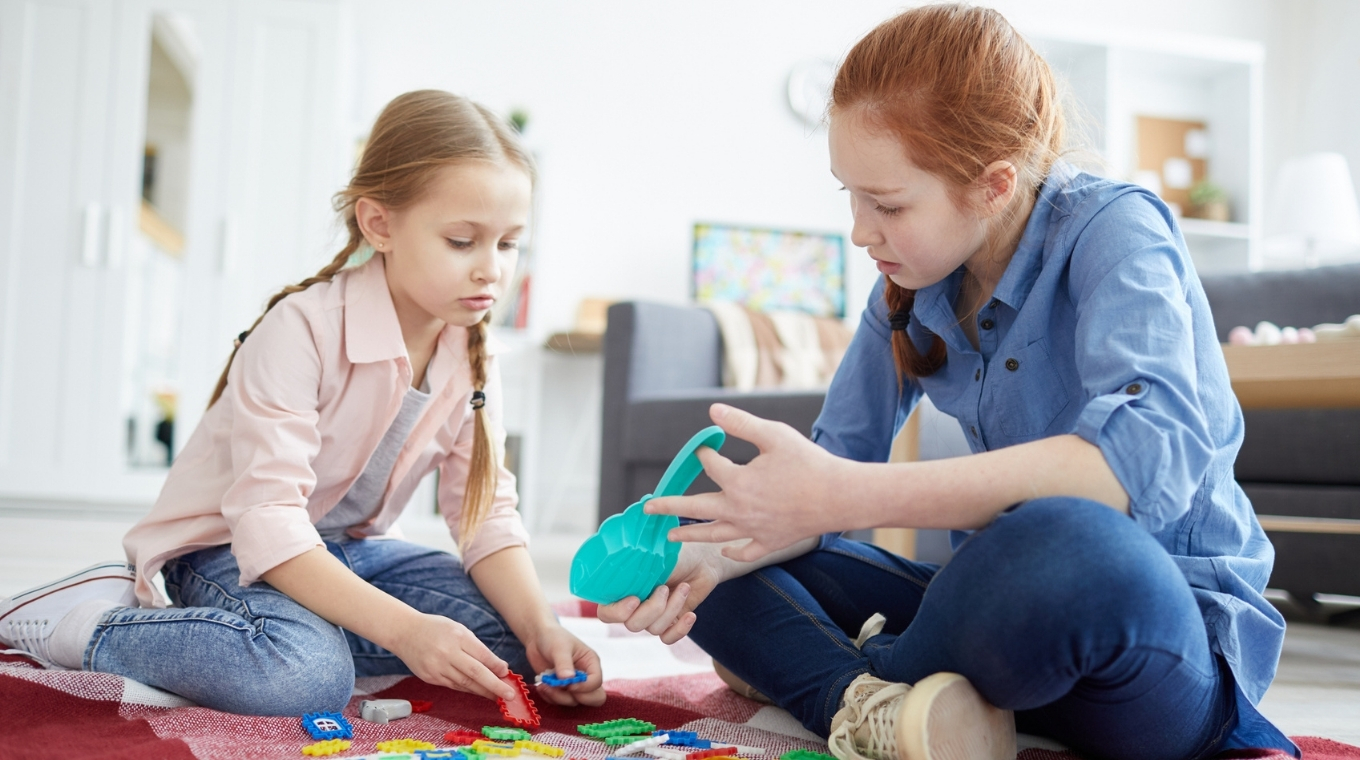
In areas of the world where child care is less accessible, family usually helps. With everyone restricted to their household, many parents found themselves leaning on their oldest child to help with the younger kids.
"It is not easy to let children understand the present situation, however, I keep my daughter busy with studies and household works," said Yusra Naseem, who works as a professor at Shri Ram College of Commerce and Arts in India.
In her case, her 6-year-old was helping out with her 8-month-old. "I ask my elder daughter to take care of the younger one while I am working," she explained, "and in this way, I am engaging them both as they play games and spend quality time with each other."
Moms felt themselves bearing more than their share of the burden.
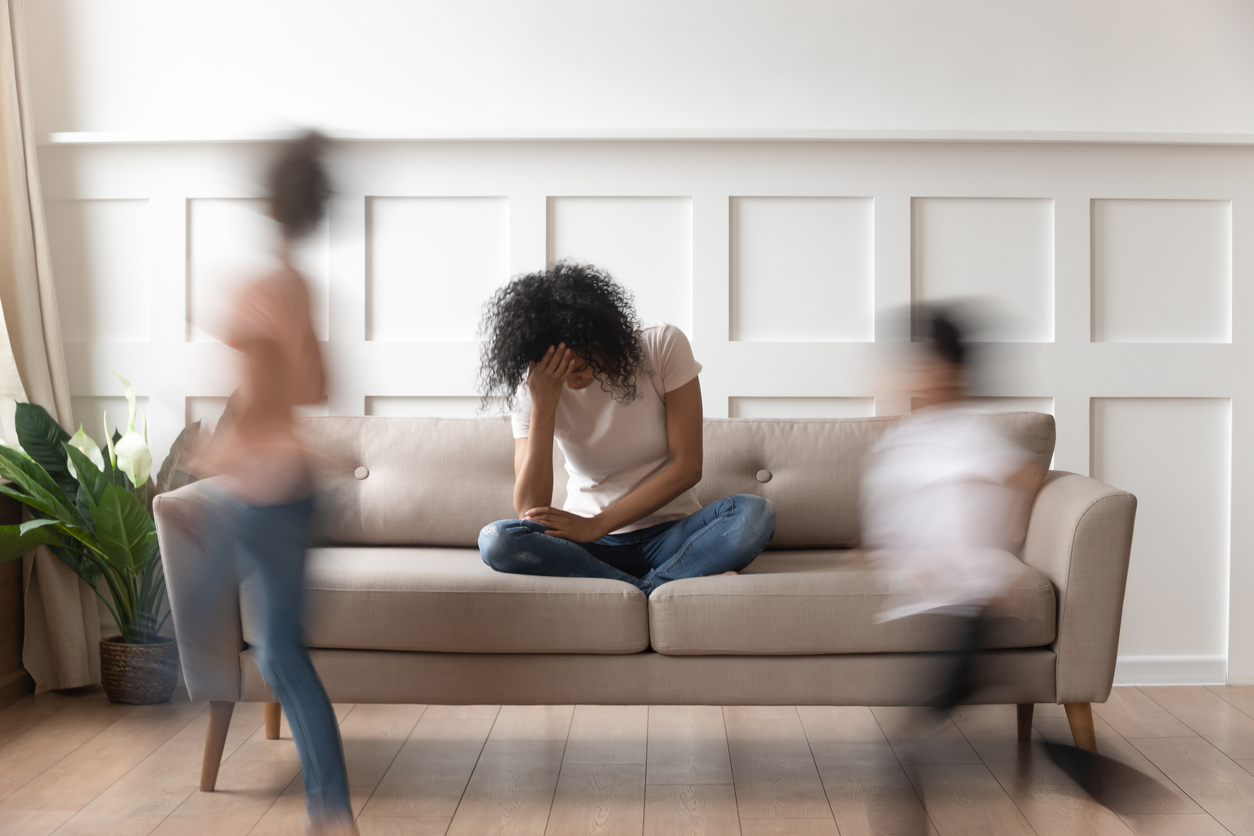
Moms around the world struggled with the details of things constantly changing as more information was learned and situations changed.
"They suffer from the fact that nothing can be planned: daycare centers are closed, regular classes are scheduled, only to be cancelled again. This is not only exhausting for the women, it puts a strain on them," said Anne Schilling, managing director of Germany's Maternal Health Care Foundation, according to DW.
"After all, there's a lot at stake here — their own jobs, their children's education, the whole family."
Underserved communities have concerns about education.
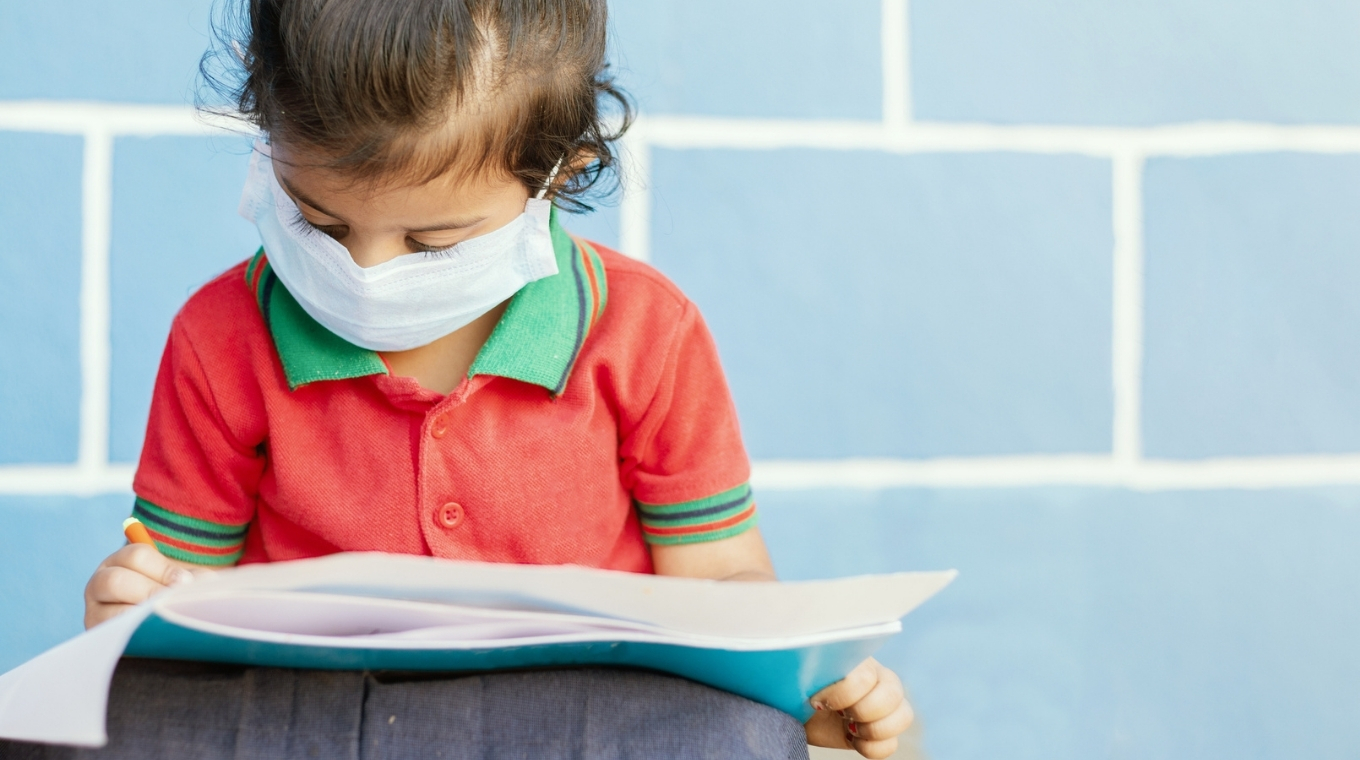
While many parents had to learn how to get their kids through remote learning, there were even more who didn't have the option. Home internet access is not a given all around the world, let alone in the US. The World Bank reports that in Peru, Mexico, Panama, and Colombia, barely 14%, 19%, 24%, and 25% of students in the bottom quintile have internet access at home, respectively.
Parents gained a new perspective on their kids.
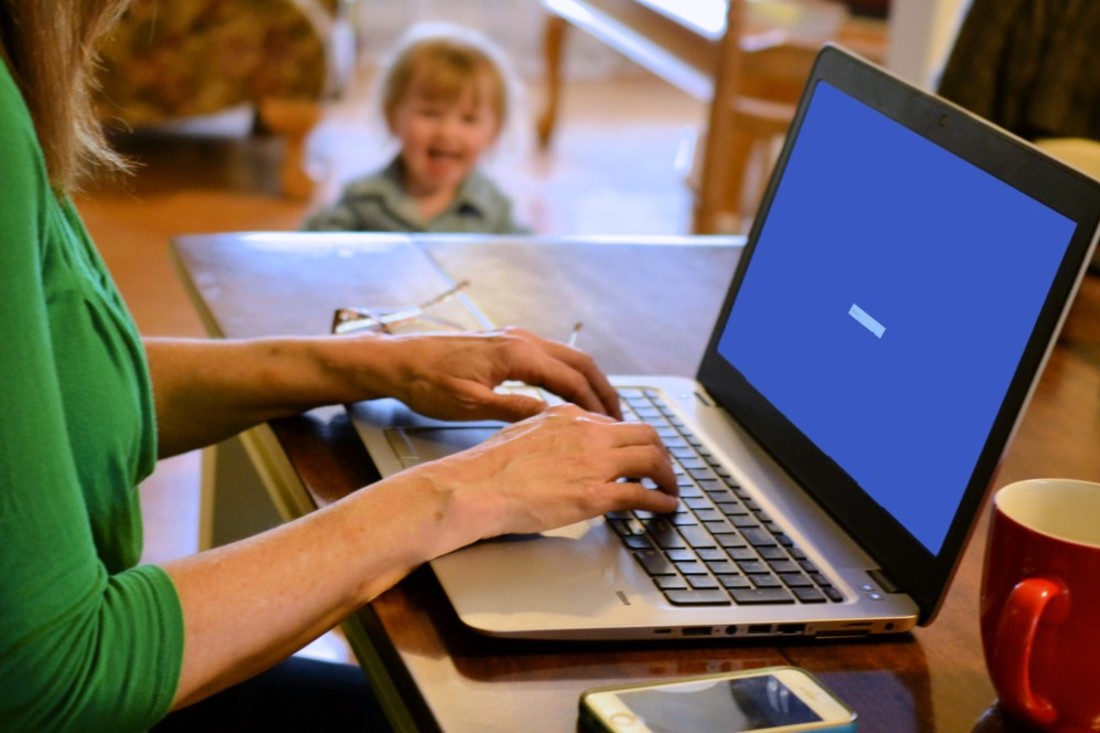
Many parents found themselves seeing their kids and their behaviors in different lights.
"The pandemic, although it has been so uncomfortable for some and made things tricky with the kids at home, it has also given so many people the opportunity to connect with their children in a different way," UK-based neuro-linguistic programming expert Rebecca Lockwood shared with LittleThings.
"As parents, we have been able to support our children in different ways, and although in some times it will have been frustrating and overwhelming for both parties, it has also given us a new perspective which will be different for us all. We have had the time to have real conversations with our children; we've had more time and space to be there to help and support them through the year.
"Homeschooling during the lockdown was a challenge due to working a lot during the week. I already worked from home three days a week in my business, and then when we went into lockdown it ruffled what was possible and what I had to prioritize. Thankfully, I have worked around my children from home since they were born, so this wasn’t really anything new to me; however, the homeschooling was.
"I knew that I had to be resourceful and get as much done in as little time and prioritize my children. I'm not going to lie, I did find this a challenge, as my highest values are success and family, making them conflict slightly, and so I had to ensure I gave them both the space and time they needed to get stuff done. It’s not always easy juggling it all, and I learn each day to be kind to myself and do what I can."
Parents had to talk to kids about the unfairness of the world a little sooner.
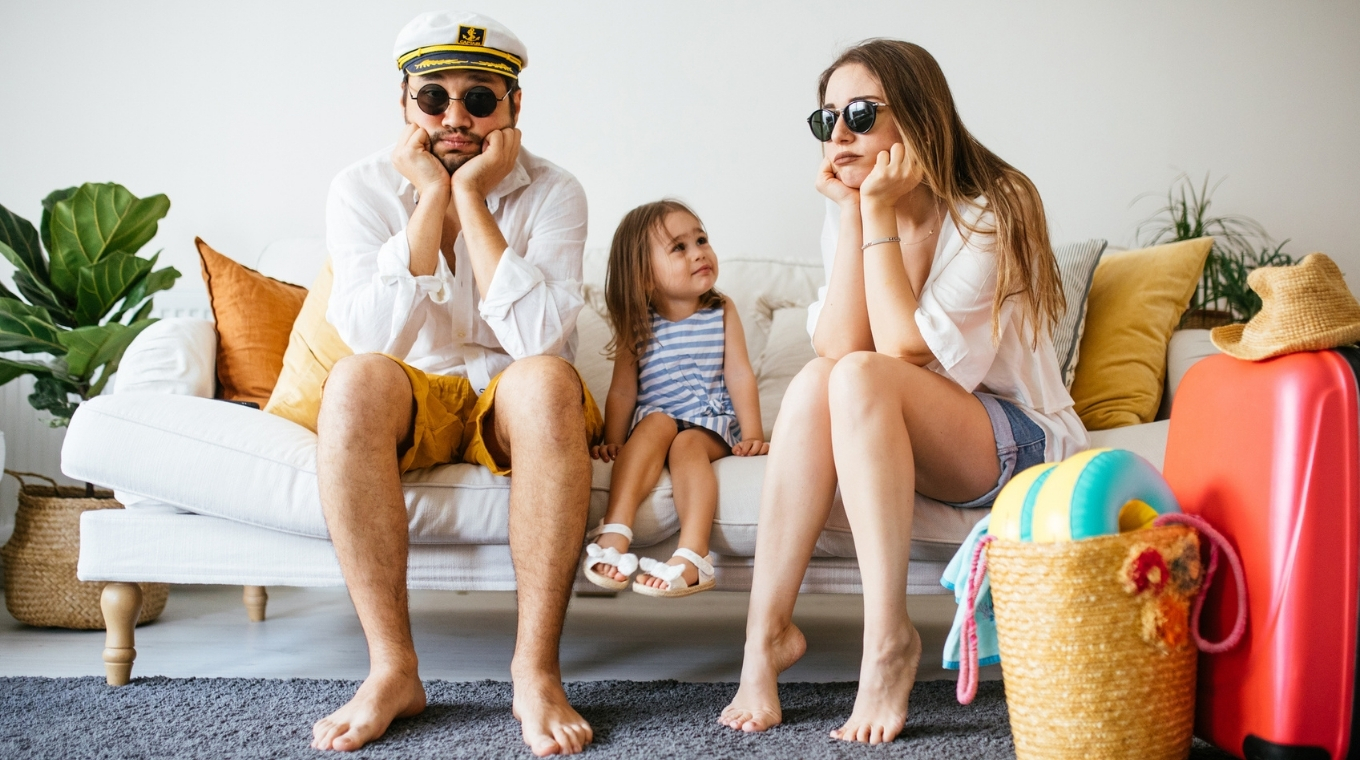
A lot of kids experienced their first true disappointments during this time. There were moments they missed that they can't get back, from graduations to dances to recitals and more. Parents did their best to make up for these missed moments, but it was a wake-up moment to both parents and kids that some memories just cannot be recreated or replaced.
Time together and time apart are both important.
Michael Malkin, founder of Calm Strips, was still working on his product when the pandemic hit. He suddenly found himself, an Apple Store employee by day, with a lot of free time on his hands. He got to be home a lot with his wife, Jessi, and two kids, 8-year-old Max and 4-year-old Miles. In doing so, Michael saw the beauty of both time together and time apart.
"As a parent, I'm at home for dinner every night for the first time in my kids' whole life. They're not used to it because I used to work retail, but the problem for me is that I didn't realize it was kind of good for me to have a couple of nights that I wasn't home," Michael shared with LittleThings.
"It gave me a chance to refresh. I think that for me, now it's just having that patience and just kind of realizing that I'm not perfect, they're not perfect, and it's not going to be perfect every time."
Aside from time spent with his family, Michael also got to roll out Calm Strips, sensory adhesive stickers that can be placed on your favorite surfaces and used for all your fidgeting, restless needs. In doing so, he recruited Luce Fuller, PR director and mother of five.
Parents learned things about their kids — good and bad.
With five fairly self-sufficient kids, Luce's experience during the pandemic was different. She didn't have to worry about logistics but did find herself with a lot more insight into her kids' emotional regulation than she was used to.
"I learned a lot about my kids this year, some good and some not so good. We started therapy for one of them because it was totally necessary," she shared.
"Being able to see how they regulate their emotions when they're handling something schoolwork-related … to see them really struggle with it and how they regulated their emotions and how I was able to help them through it, it was something new."
Schools and parents alike are finding that Calm Strips can be a great solution for kids who deal with anxiety and stress without being too distracting or toy-like. They're even available in classroom packs for teachers to keep students relaxed and on track as they go back to the traditional classroom this fall.

